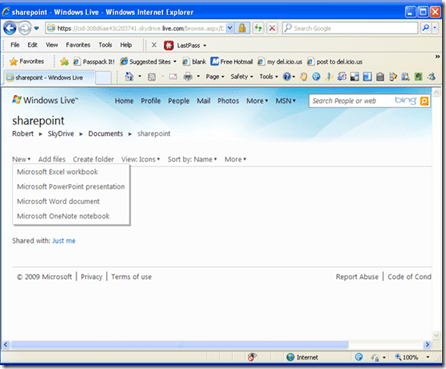Researchers now say that the stress of not being able to process information as fast as it arrives – combined with the personal and social expectation that, say, you will answer every email – can deplete and demoralise you.
Interestingly, that same article also points to the following:
Still, a survey of 2,300 Intel employees revealed that people judge nearly one third of the messages they receive to be unnecessary.
The reason for this is simply the fact that it is far too easy to ‘publish’ information now. Previously, if you wanted to communicate with someone you had to find a pen and paper, sit down, think about what you wanted to say, write down your thoughts, put them in an envelope, address the envelope, pay for a stamp and then mail the letter. Now people can readily blast off volumes of email with the click of a button. The emphasis has shifted from composition and creation to reading or consumption.
The problem with this shift is simply that the not only has the cost of publishing decreased but also too has the quality. Look at the number of irrelevant, poorly formatted, grammatically incorrect emails you receive. What does that tell you about the sender? What sub conscious message does it convey when you read a sloppy email? At the end of the day, it’s about your image, typing mistakes and poor grammar are the same as walking into a room looking unshowered and dishevelled. Good emails show you have both professionalism and class. For starters ask yourself what impression you form of a sender when you receive a “badly formatted” email? Now ask yourself whether you are in fact committing the same offence. And don’t forget that emails always end up being archived somewhere so your “bad” email can come back to haunt you in the future.
As I have spoken about many times in this blog before, one of the major reasons why emails are such a productivity drain is that they are set to constantly alert us to their presence. This means that most people are constantly interrupted by an ever increasing number or arriving emails, whether relevant or not. There are been a number of studies about the impact of these interruptions but here is a new one from the same article:
A study by Microsoft found that once their work had been interrupted by an email notification, people took, on average, 24 minutes to return to the suspended task.
Think about this. How much work could you expect to get done in a day if you receive and interruption every 5 minutes or so and it takes you 24 minutes to return to the original task? based on these numbers you have to say that it certainly doesn’t appear much of anything is getting done does it?
How has all this happened? Simple. We have allowed the technology to dictate to us. We have created a monster and allowed to escape and ruin our lives. Wasn’t technology suppose to free us from stress? Wasn’t it supposed to give us more time? Wasn’t it suppose to allow us to get more done? By simply accepting the defaults that come with technology we are doomed to become its slave in a struggle we can never win. Yet there is hope but it comes at a price that is usually too high for most people. Eliminate the distractions, only read and respond to emails at certain times because do you get paid to process emails? Generally, most people get paid to work and as this article demonstrates there doesn’t appear to be a whole lot of that going on! So turn off the emails, put the gadgets to one side and learn to live your life in control not dominated by entities that are constantly running low on power. Chances are it’ll lower your stress levels and you’ll actually start getting stuff done.
If you want some suggestions about dealing with email frustrations see my books at: http://stores.lulu.com/store.php?fAcctID=3557478
or visit my Slideshare (http://www.slideshare.net/directorcia) for a number of other articles on productivity improvement.


